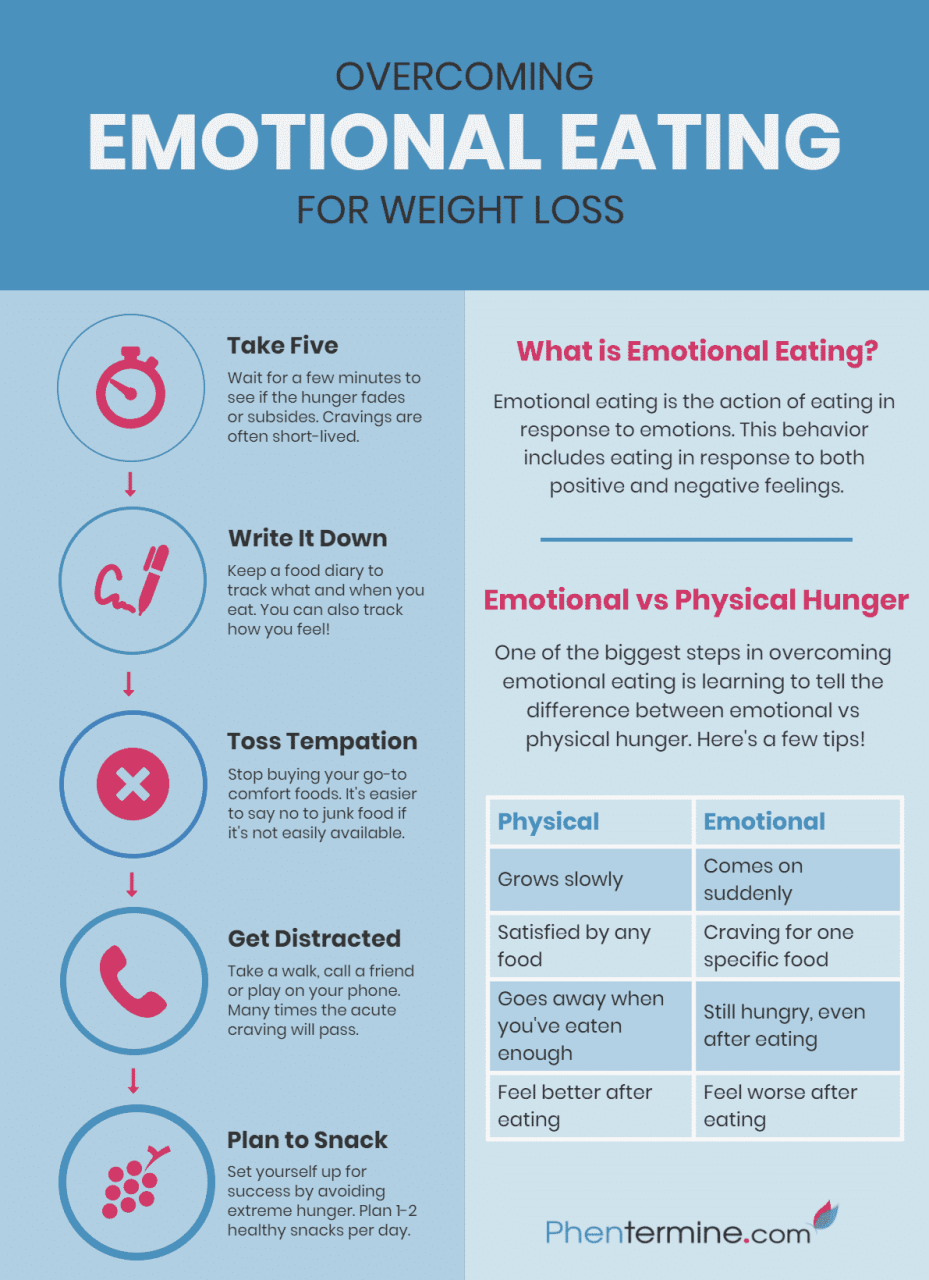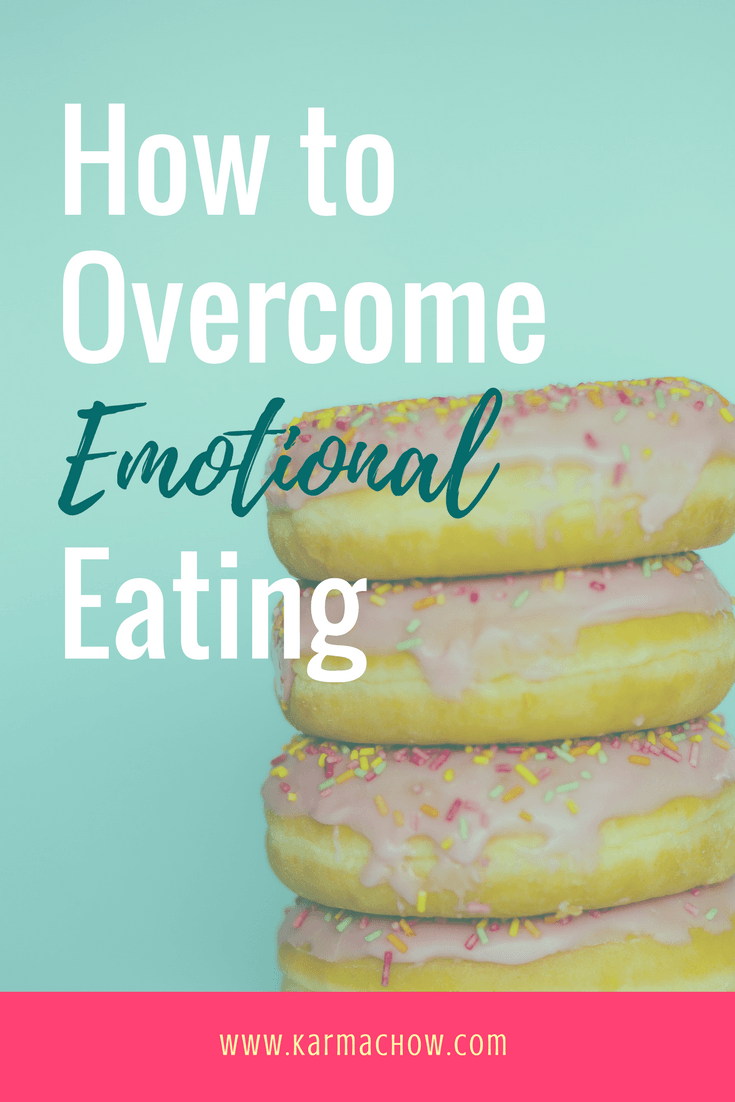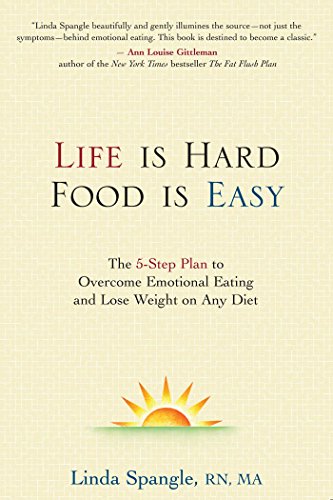How to Overcome Emotional Eating for Lasting Weight Loss: A Positive Path to Freedom In this auspicious occasion, we are delighted to delve into the intriguing topic related to How to Overcome Emotional Eating for Lasting Weight Loss: A Positive Path to Freedom. Let’s weave interesting information and offer fresh perspectives to the readers.
How to Overcome Emotional Eating for Lasting Weight Loss: A Positive Path to Freedom

Emotional eating, the act of turning to food for comfort and solace, is a common struggle that can sabotage weight loss efforts. It’s a vicious cycle: you feel stressed, sad, or anxious, and you turn to food for instant gratification. But the temporary relief often leads to guilt, shame, and even more emotional eating. The good news is that you can break free from this cycle and achieve lasting weight loss.
Understanding the Root of the Problem
Before we dive into solutions, it’s crucial to understand why we emotionally eat. Many factors can contribute, including:
- Stress and Anxiety: When we’re stressed, our bodies release cortisol, a hormone that can trigger cravings for comfort foods, often high in fat and sugar.
- Boredom and Loneliness: We may turn to food to fill a void in our lives, especially when we feel disconnected or lack meaningful activities.
- Low Self-Esteem: Emotional eating can be a way to cope with feelings of inadequacy or self-criticism.
- Past Trauma: Childhood experiences, such as neglect or abuse, can lead to unhealthy coping mechanisms, including emotional eating.
- Lack of Emotional Regulation: If we haven’t developed healthy ways to manage our emotions, we may rely on food to numb or suppress them.

The Positive Power of Breaking Free
Overcoming emotional eating is not just about weight loss; it’s about reclaiming control over your life and building a healthier relationship with yourself and food. Here’s how:
1. Identify Your Emotional Eating Triggers:
- Keep a Food Journal: Track your meals, snacks, and emotional state. This can help you identify patterns and recognize triggers.
- Be Honest with Yourself: Are you eating when you’re truly hungry, or is it a reaction to stress, boredom, or other emotions?
- Consider Your Environment: Are certain places or people associated with emotional eating?

2. Develop Healthy Coping Mechanisms:
- Exercise: Physical activity releases endorphins, which have mood-boosting effects. Even a short walk can help to reduce stress and improve your overall well-being.
- Mindfulness Techniques: Meditation, yoga, and deep breathing exercises can help you become more aware of your thoughts and feelings, allowing you to manage them effectively.
- Connect with Others: Spend time with loved ones, join a support group, or volunteer. Social connections can provide a sense of belonging and purpose.
- Engage in Creative Outlets: Express yourself through art, music, writing, or other hobbies. Creativity can be a powerful tool for emotional release.

3. Learn to Delay Gratification:
- Practice Patience: When you feel the urge to emotionally eat, pause and ask yourself: "Will I still feel this way in 15 minutes?" Often, the urge will pass.
- Distract Yourself: Engage in an activity that requires your attention, like reading, listening to music, or taking a walk.
- Find Alternatives: Instead of reaching for food, try a healthy coping mechanism like taking a warm bath, listening to calming music, or spending time with a pet.
4. Seek Professional Help:
- Therapy: A therapist can help you explore the root causes of your emotional eating and develop healthy coping strategies.
- Nutrition Counseling: A registered dietitian can provide personalized guidance on healthy eating habits and help you develop a sustainable meal plan.
5. Embrace Self-Compassion:
- Be Kind to Yourself: Remember that everyone makes mistakes. Don’t beat yourself up if you slip up. Focus on moving forward.
- Celebrate Your Progress: Acknowledge your achievements, no matter how small. This will help you stay motivated and build confidence.
6. Develop a Positive Mindset:
- Focus on the Benefits: Instead of dwelling on the challenges of weight loss, focus on the positive outcomes: improved health, increased energy, and greater self-esteem.
- Reframe Your Thoughts: Challenge negative thoughts about food and your body. Replace them with positive affirmations.
7. Create a Supportive Environment:
- Talk to Your Loved Ones: Let your family and friends know about your journey and ask for their support.
- Join a Support Group: Connecting with others who are struggling with emotional eating can provide encouragement and accountability.
8. Practice Patience and Persistence:
- Rome Wasn’t Built in a Day: Breaking free from emotional eating takes time and effort. Be patient with yourself and don’t give up.
- Celebrate Small Victories: Acknowledge your progress, even if it’s just one day without emotional eating. This will keep you motivated and on track.
Positive Sentiment: Overcoming emotional eating is not just about losing weight; it’s about reclaiming your power and building a healthier, happier life.
SEO Keywords:
- Emotional eating
- Weight loss
- Emotional eating triggers
- Healthy coping mechanisms
- Mindfulness
- Therapy
- Nutrition counseling
- Self-compassion
- Positive mindset
- Support system
- Patience and persistence
Conclusion:
Overcoming emotional eating is a journey, not a destination. It requires patience, self-compassion, and a willingness to change. But the rewards are worth it: a healthier relationship with food, improved emotional well-being, and the freedom to live a life free from the shackles of emotional eating.
Remember, you are not alone. There are resources and support available to help you on your journey.

Closure
Thus, we hope this article has provided valuable insights into How to Overcome Emotional Eating for Lasting Weight Loss: A Positive Path to Freedom. We hope you find this article informative and beneficial. See you in our next article!


Leave a Comment